Consumers have long relied on dried fruit as a healthy and convenient snack option. However, with time, dried fruit can lose its nutritional value and even become harmful to our health. This article aims to shed light on the potential dangers of consuming expired dried fruit and the importance of being cautious while selecting and consuming this popular snack. Understanding Dried Fruit Expiration Like any other food product, dried fruit has a limited shelf life. Manufacturers typically indicate an expiration date on the packaging to ensure consumer safety and maintain quality.

.
 However, it is not uncommon for people to overlook or misunderstand the significance of this date, leading to consumption of expired dried fruit products. Health Risks Associated with Expired Dried Fruit Consuming expired dried fruit can present several health risks. Some dried fruit varieties may develop mold, which can cause allergic reactions or respiratory issues in sensitive individuals. Mold growth can be facilitated by improper storage conditions, such as high humidity or exposure to moisture. Another potential danger lies in the development of harmful bacteria on expired dried fruit. Over time, bacterial contamination can occur, leading to infections and foodborne illnesses. These risks are significantly heightened when the dried fruit is subjected to an environment conducive to bacterial growth.
However, it is not uncommon for people to overlook or misunderstand the significance of this date, leading to consumption of expired dried fruit products. Health Risks Associated with Expired Dried Fruit Consuming expired dried fruit can present several health risks. Some dried fruit varieties may develop mold, which can cause allergic reactions or respiratory issues in sensitive individuals. Mold growth can be facilitated by improper storage conditions, such as high humidity or exposure to moisture. Another potential danger lies in the development of harmful bacteria on expired dried fruit. Over time, bacterial contamination can occur, leading to infections and foodborne illnesses. These risks are significantly heightened when the dried fruit is subjected to an environment conducive to bacterial growth.
..
 Loss of Nutritional Value Expired dried fruit is also likely to suffer from a deterioration of its nutritional properties. As the fruit ages, it experiences a gradual degradation of essential vitamins, minerals, and antioxidants. This loss in nutritional value diminishes the health benefits initially associated with dried fruit consumption. Therefore, consuming expired dried fruit fails to provide the same level of nourishment as its freshly harvested counterpart. How to Identify and Avoid Expired Dried Fruit To protect ourselves from the potential dangers of expired dried fruit, it is essential to become adept at identifying signs of deterioration. Here are a few simple tips to follow: 1. Check for visible signs of spoilage: Carefully examine the dried fruit for any unusual discoloration, fuzzy patches, or visible mold.
Loss of Nutritional Value Expired dried fruit is also likely to suffer from a deterioration of its nutritional properties. As the fruit ages, it experiences a gradual degradation of essential vitamins, minerals, and antioxidants. This loss in nutritional value diminishes the health benefits initially associated with dried fruit consumption. Therefore, consuming expired dried fruit fails to provide the same level of nourishment as its freshly harvested counterpart. How to Identify and Avoid Expired Dried Fruit To protect ourselves from the potential dangers of expired dried fruit, it is essential to become adept at identifying signs of deterioration. Here are a few simple tips to follow: 1. Check for visible signs of spoilage: Carefully examine the dried fruit for any unusual discoloration, fuzzy patches, or visible mold.
…
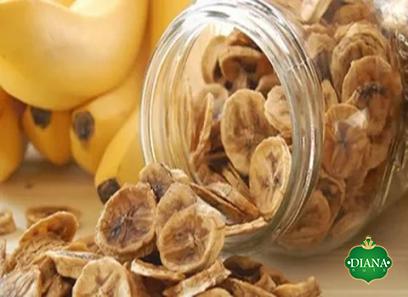 If any contamination is present, discard it immediately. 2. Pay attention to smell: Expired dried fruit may emit an unpleasant odor. Trust your sense of smell and discard the product if it smells off or rancid. 3. Consider the packaging condition: Inspect the packaging carefully for any signs of damage or punctures. Damaged packaging can compromise the integrity of the dried fruit, allowing contaminants to enter. 4. Purchase from reputable sources: Whenever possible, purchase dried fruit from reputable sellers who prioritize quality control and regular stock rotation. Conclusion While dried fruit is generally celebrated for its health benefits, the potential risks associated with consuming expired products should not be ignored. By understanding the dangers and being diligent in selecting only fresh and properly stored dried fruit, consumers can continue to savor this nutritious snack without compromising their well-being. Remember, a little vigilance goes a long way in ensuring that our health remains a priority when indulging in our favorite dried fruits.
If any contamination is present, discard it immediately. 2. Pay attention to smell: Expired dried fruit may emit an unpleasant odor. Trust your sense of smell and discard the product if it smells off or rancid. 3. Consider the packaging condition: Inspect the packaging carefully for any signs of damage or punctures. Damaged packaging can compromise the integrity of the dried fruit, allowing contaminants to enter. 4. Purchase from reputable sources: Whenever possible, purchase dried fruit from reputable sellers who prioritize quality control and regular stock rotation. Conclusion While dried fruit is generally celebrated for its health benefits, the potential risks associated with consuming expired products should not be ignored. By understanding the dangers and being diligent in selecting only fresh and properly stored dried fruit, consumers can continue to savor this nutritious snack without compromising their well-being. Remember, a little vigilance goes a long way in ensuring that our health remains a priority when indulging in our favorite dried fruits.

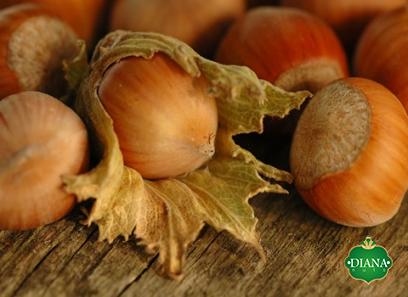
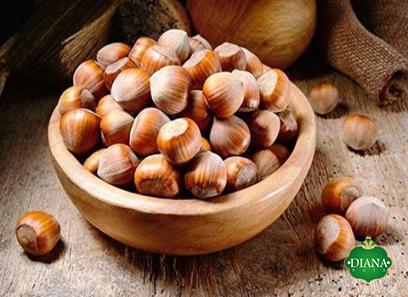
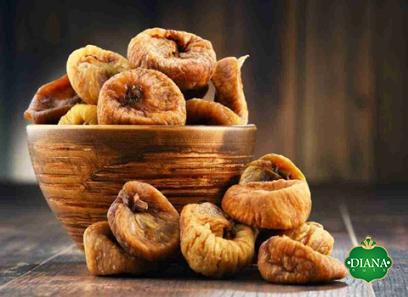
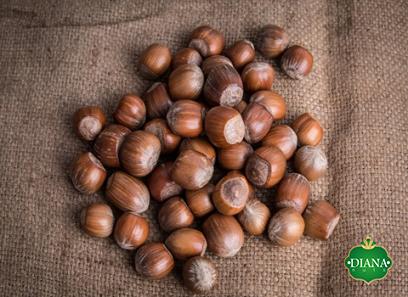

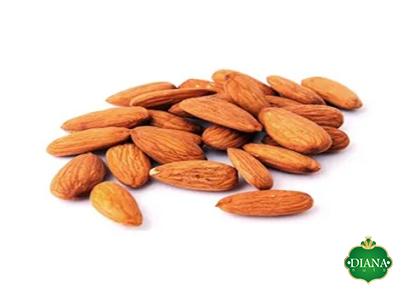

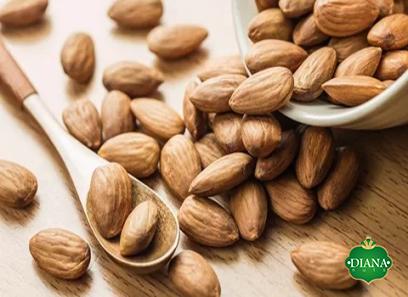

Your comment submitted.